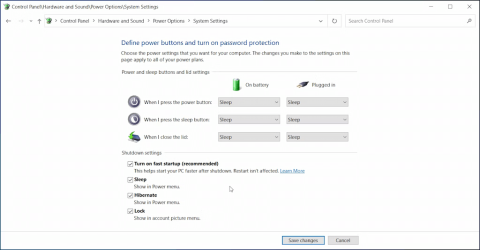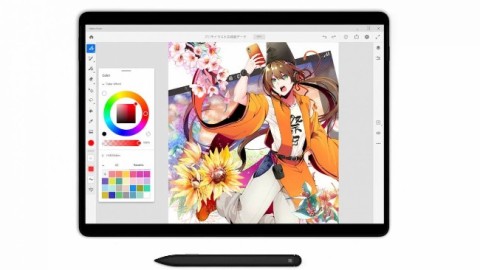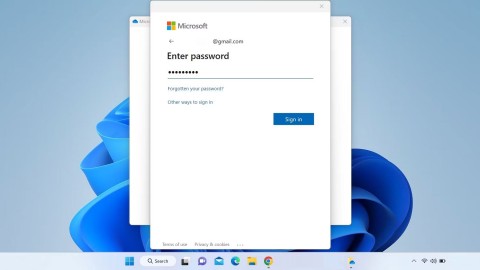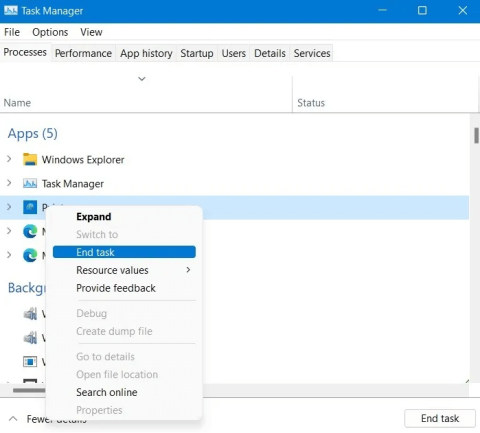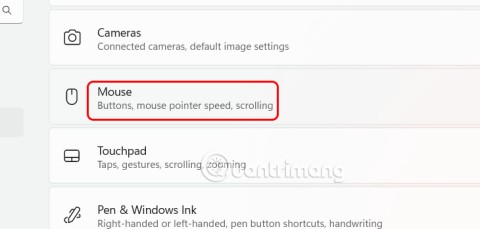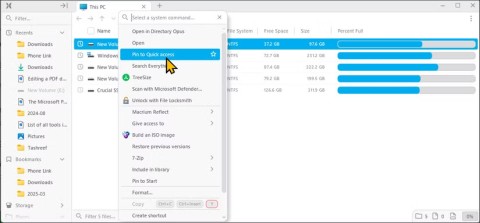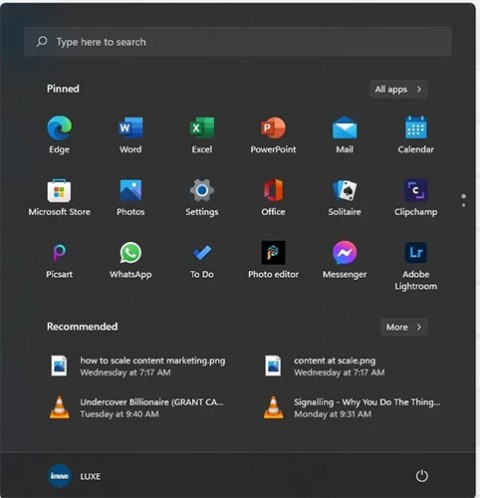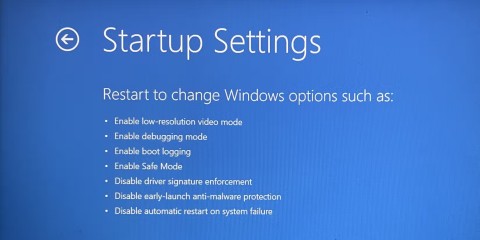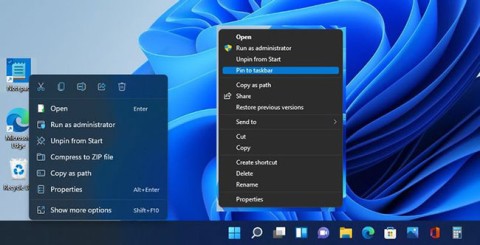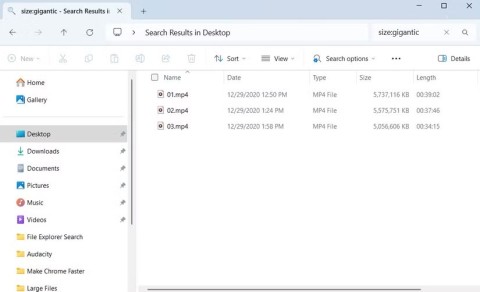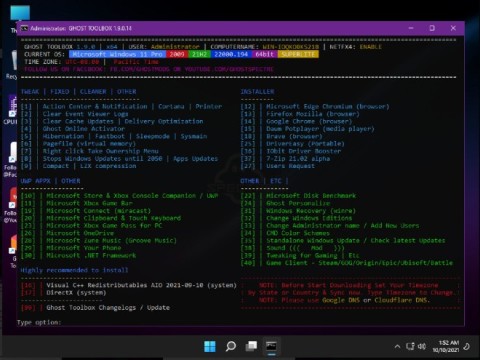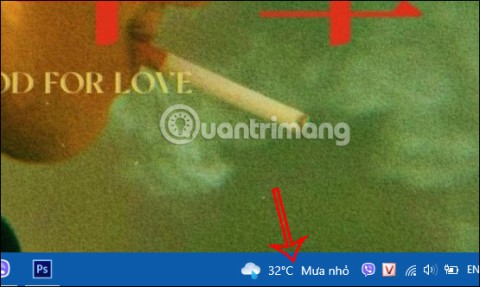28 Windows 11 shortcuts you should know and use often
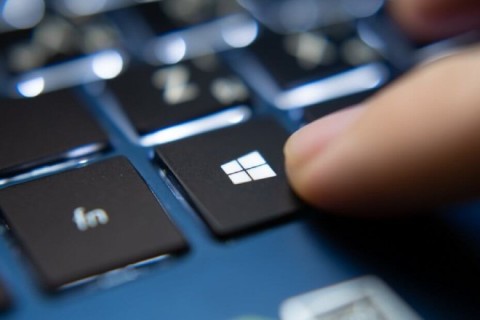
28 new Windows 11 shortcuts in addition to familiar Win 11 shortcuts will help you work faster and more efficiently.
Are you seeing the dreaded "No Internet Access" message even though your PC shows an Ethernet connection? Sometimes, getting an Internet connection up and running isn't easy. Try these tips to get your Ethernet connection working on your Windows PC!
1. Rule out router problems
Before troubleshooting your PC, you should rule out any problems with your router . To test, disconnect the Ethernet cable from your computer and connect it to another device if possible.
If you're having similar issues with other devices or having trouble connecting to your Wi-Fi, your router may be the culprit. In most cases, simply restarting your router will fix the problem. If not, you may need to update your router's firmware or contact your ISP (Internet Service Provider) for help.
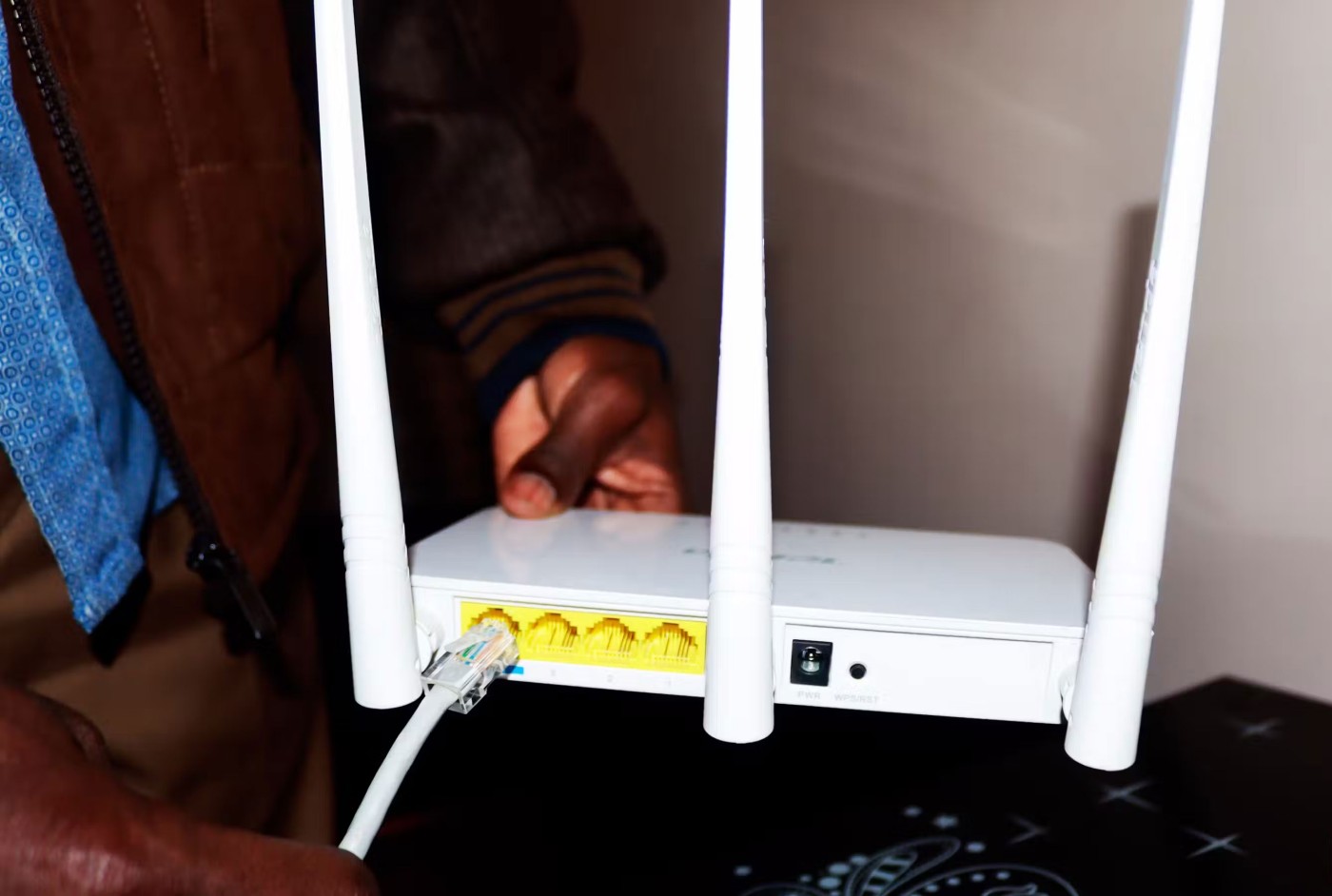
2. Run the Network and Internet troubleshooter
If the router isn't having problems, you can try running the "Network and Internet" troubleshooter on Windows. This tool will scan your system for common Internet-related problems and attempt to fix them.
To run the Network and Internet troubleshooter, follow these steps:
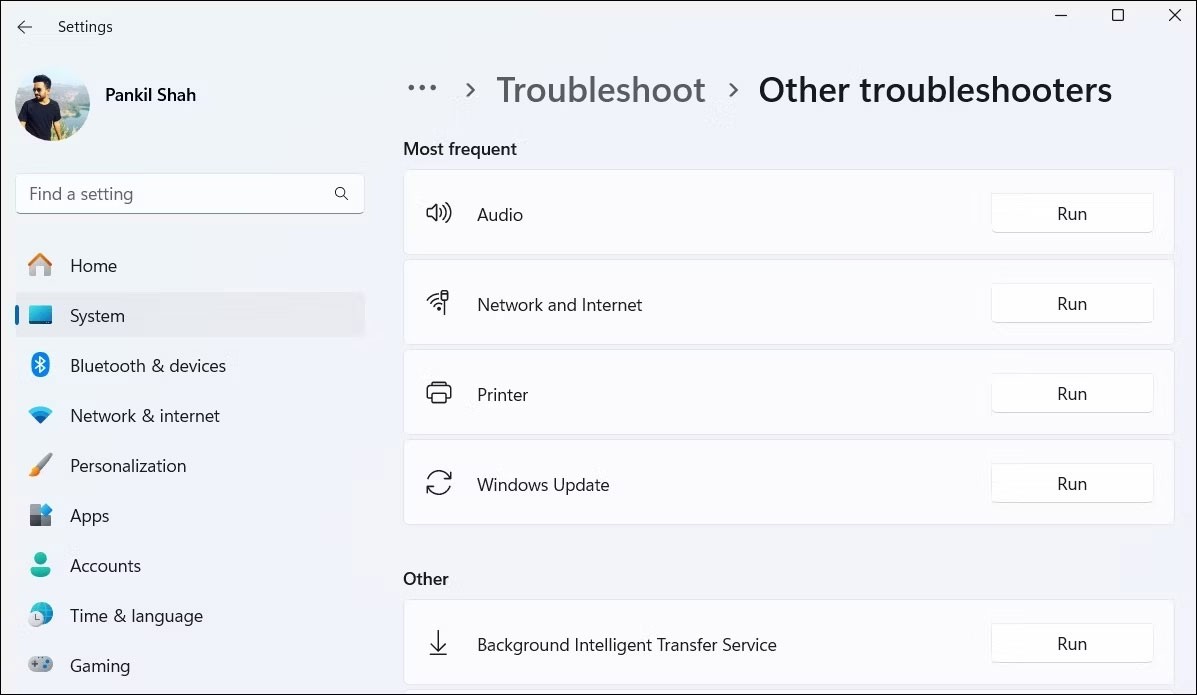
3. Restart or update Ethernet driver
Turning your Ethernet adapter off and back on is an effective way to fix any temporary glitches that may be causing the problem. Here's how to do it:
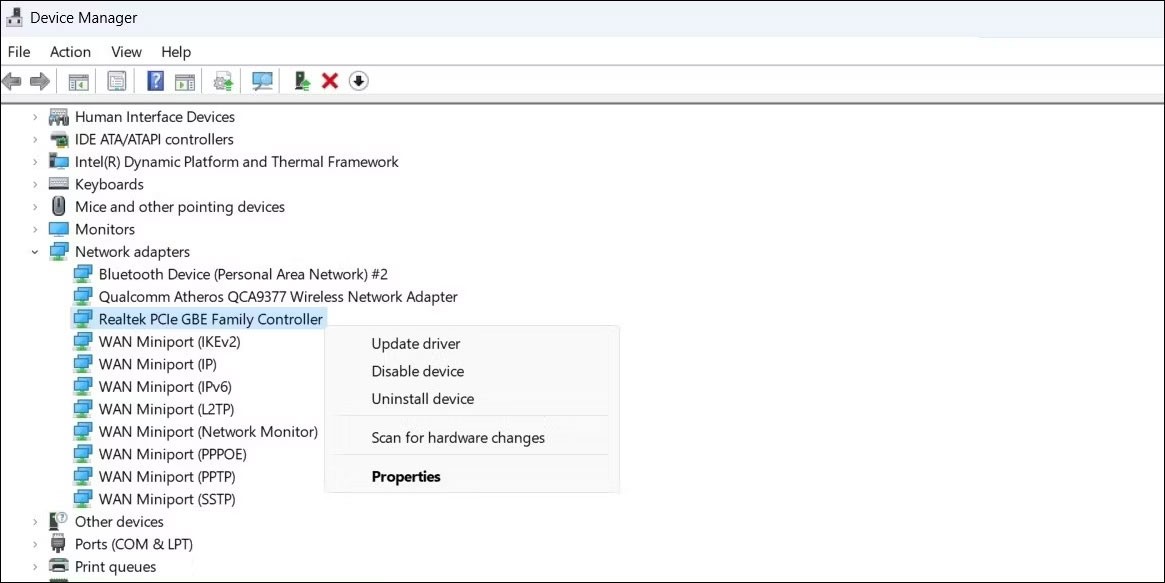
If the problem persists, you can try updating your Ethernet driver using Device Manager. This should fix problems caused by outdated or out-of-date drivers.
If that doesn't work, your Ethernet driver may be corrupted. To fix this, uninstall your Ethernet driver and restart your PC. Windows will automatically install the missing driver during startup and Ethernet should start working again.
4. Change Network Profile and turn off Metered Connection
Changing the network configuration on Windows and turning off the Metered Connection option can also help resolve issues with limited Internet access on Ethernet connections.
To do this, open the Settings app and go to Network and Internet > Ethernet . Then, turn off the Metered Connection toggle and change the Network profile from Public to Private .
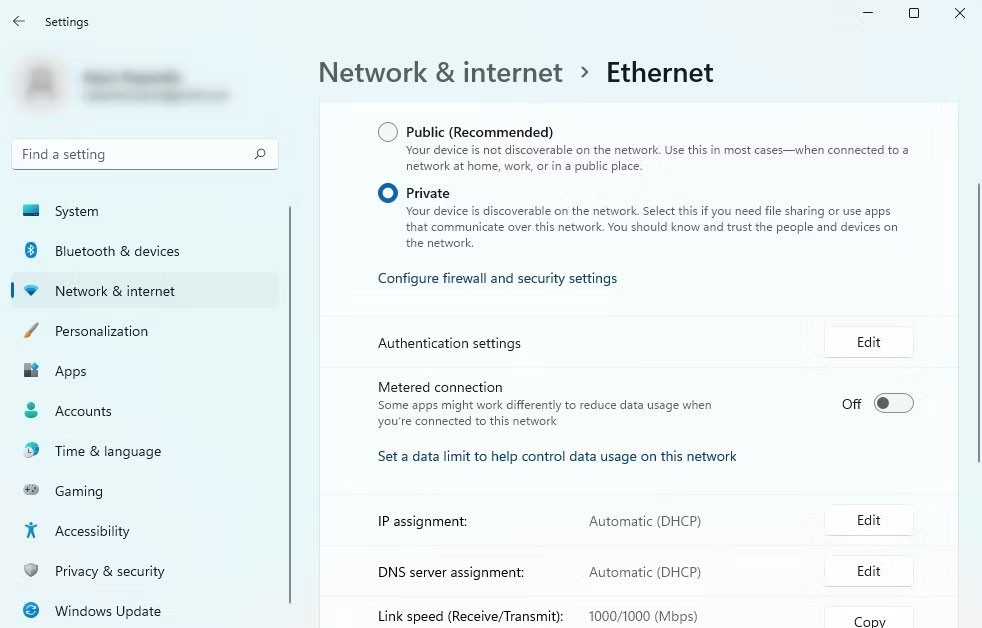
Then restart your PC, disconnect and reconnect the Ethernet cable properly and check if that fixes the problem.
5. Change DNS Server and clear DNS Cache
By default, Windows uses the DNS Server provided by your ISP. Problems with the default DNS Server can sometimes result in slow or no Internet connection. You can try switching to a more reliable DNS Server, such as Cloudflare or Google DNS, to fix this problem.
To change the DNS Server, type ncpa.cpl in the search box and press Enter. In the Network Connections window , right-click on the Ethernet adapter and select Properties. Then, double-click on Internet Protocol Version 4 (TCP/IPv4) , select the Use the following DNS server addresses option , and enter the DNS addresses in the relevant fields.
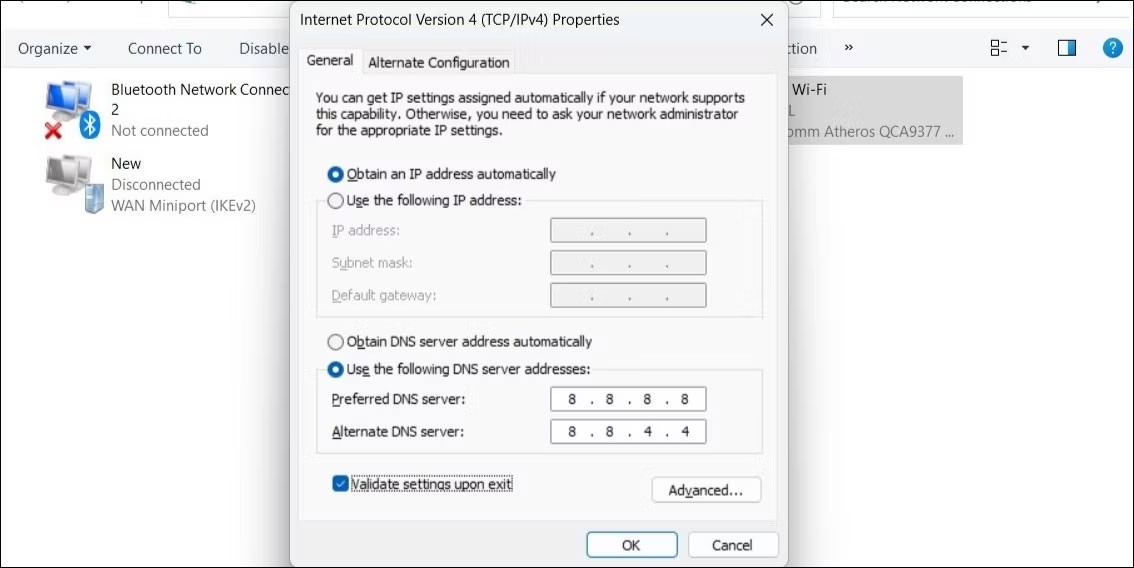
For example, if you want to use Google DNS, enter 8.8.8.8 as the primary DNS Server and 8.8.4.4 as the secondary DNS server.
After changing the default server, make sure to clear the DNS cache to remove old and invalid entries. Windows should now be able to connect to the Internet without any problems.
6. Reset network settings
If none of the above fixes work and you're still seeing the "No Internet Access" error, consider resetting your network settings . Doing so will restore all network settings on your PC to their defaults, resolving any issues you're having.
To reset network settings on Windows, open the Settings app and go to Network & internet > Advanced network settings > Network reset and click Reset now .
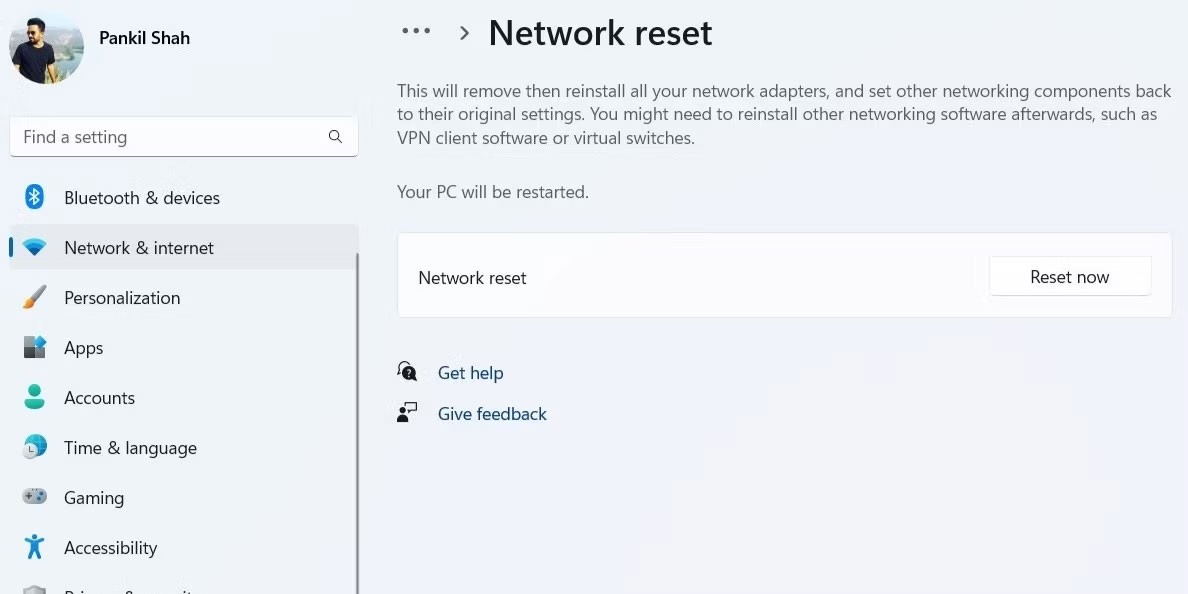
While Ethernet connections are generally more reliable than Wi-Fi , they can still have problems from time to time. Hopefully, the tips listed above have helped fix the problem you were having and you've been able to get your Internet connection back up and running.
28 new Windows 11 shortcuts in addition to familiar Win 11 shortcuts will help you work faster and more efficiently.
How to restore the Sleep option on the Power Menu, please refer to the article below of WebTech360.
At the Qualcomm Snapdragon Summit on October 22, Microsoft announced a series of improvements coming to Windows PCs that will improve the overall experience for musicians, music producers, and other audio professionals.
Previously, Adobe Fresco only supported devices with touchscreens and styluses.
Do you see a red circle with a white cross to the left of your files, folders, or Windows drives? If so, it means OneDrive is out of sync and the folders affected by this issue are not syncing properly.
Turning off background applications on Windows 10 will help your computer run less sluggishly and save system resources. The following article by WebTech360 will guide readers on how to turn off background applications on Windows 10.
If you only use your mouse for common tasks, it is not necessary to enable mouse acceleration. Here are instructions for turning off mouse acceleration in Windows 11.
File Pilot is a lightweight, clean, and feature-rich file manager that outperforms the Windows default tool in every way.
In this series of articles we will introduce you to how to customize the default user profile in Windows 7.
Ransomware Protection is a useful feature that comes with Windows 11 to help secure users' devices against Ransomware attacks.
When your Windows PC has problems booting, Advanced Boot Options can help you figure out what's wrong.
Windows 10 is well supported. Software and hardware compatibility issues are rare. On the other hand, there have been major compatibility issues with Windows 11.
A quick and effective solution is to identify and delete large, space-consuming files that are hiding on your computer.
Like other Windows operating systems, Windows 11 still contains software and components that make the machine heavy.
If you want to review weather information, show the weather widget again on the Windows 10 Taskbar, follow the instructions below.
